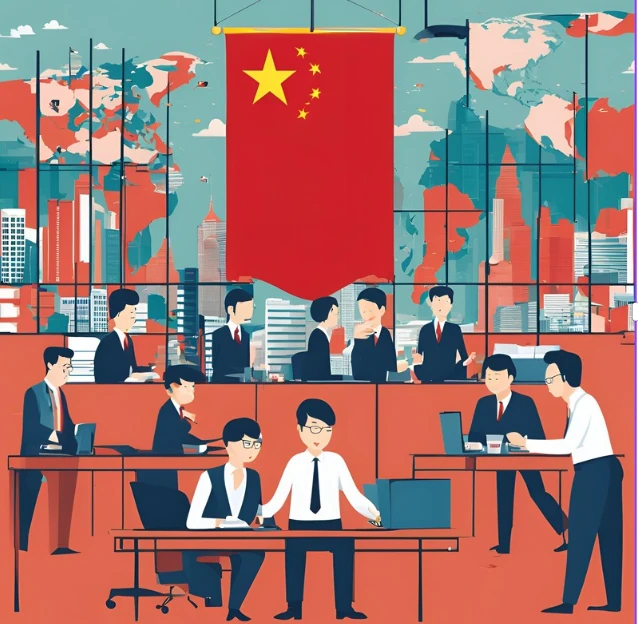
Chinese firms are attempting to step out of their comfort zones and expand internationally as domestic competition intensifies. This shift has resulted in learning curves, labor law violations, and more diverse supply chains. A BYD manager’s claim on social media that “foreign forces” and some domestic media are deliberately slandering Chinese brands and the country was a response to a Brazilian investigation revealing that 163 Chinese nationals were working under “slave-like conditions” at a construction site for the electric vehicle giant. Experts in China’s foreign investment sector have pointed out that the underlying issues may not be fully recognized.
Some argue that the race to the bottom is deeply embedded in the structures of Chinese business, with low costs and prices being the golden rule. This mindset often leads companies to undercut others by offering the lowest bid and then reducing costs to make that bid financially viable. Liu Tanghua, regional director of Terra Regia Industrial Park in Mexico, noted that this approach reminds him of his experiences over two decades ago when he worked as a translator for construction projects in India and Sri Lanka. “Two decades later, as China has become much stronger, people think there should be improvements across all areas,” Liu said. “But such routines remain unchanged.”
As more Chinese companies establish factories abroad to counteract insufficient domestic demand and persistent high trade barriers, experts warn that transferring the competitive approach overseas could be counterproductive. This could hinder their local operations and damage the overall reputation of Chinese firms. “Chinese companies need to adapt to the local context: one cannot approach other countries with a specific Chinese methodology,” stated Dominique Turpin, Professor of Marketing and European President of the China Europe International Business School (CEIBS) in Shanghai.
Can you afford not to be present in China? Talk to us, we’ll help you succeed in China.